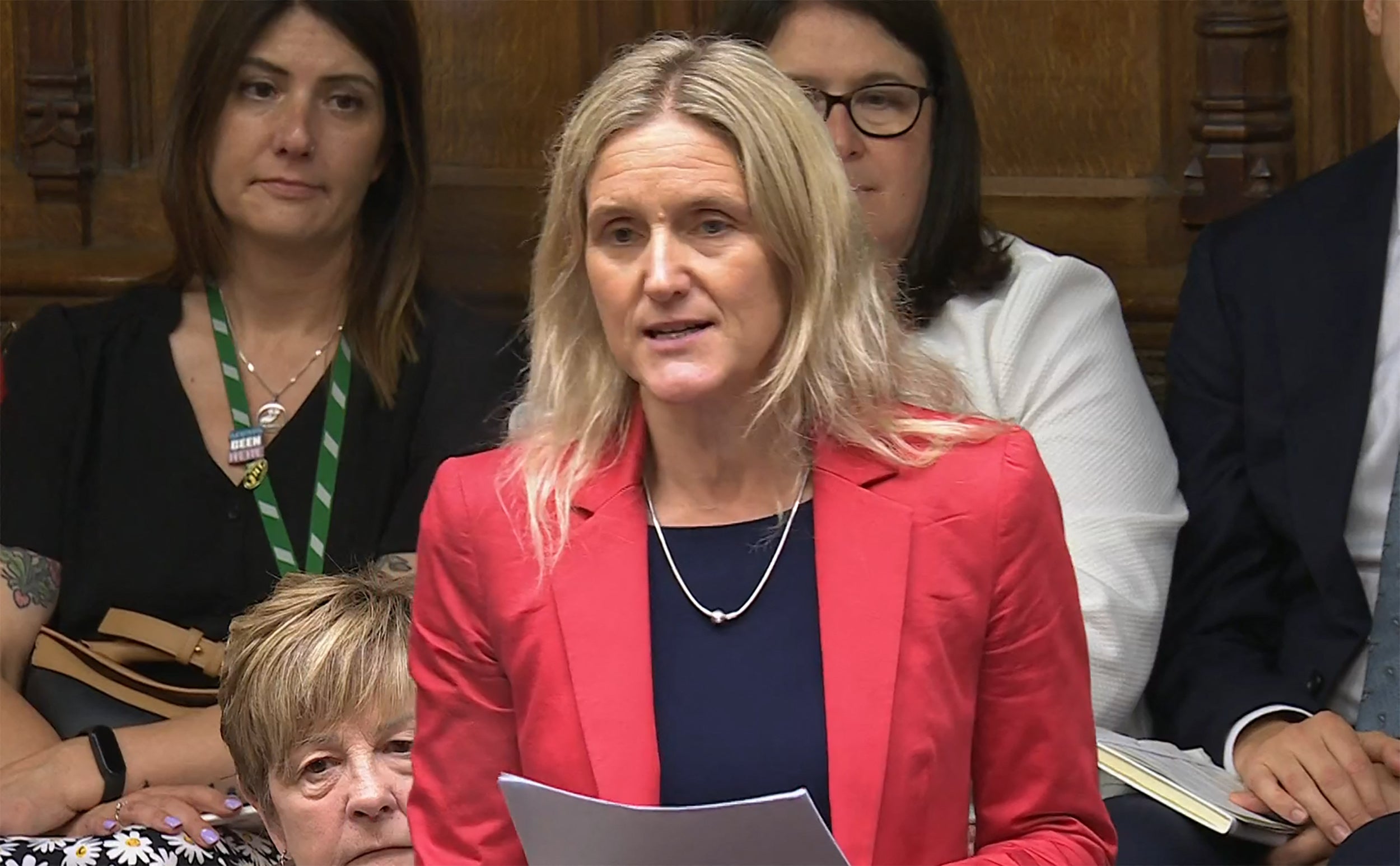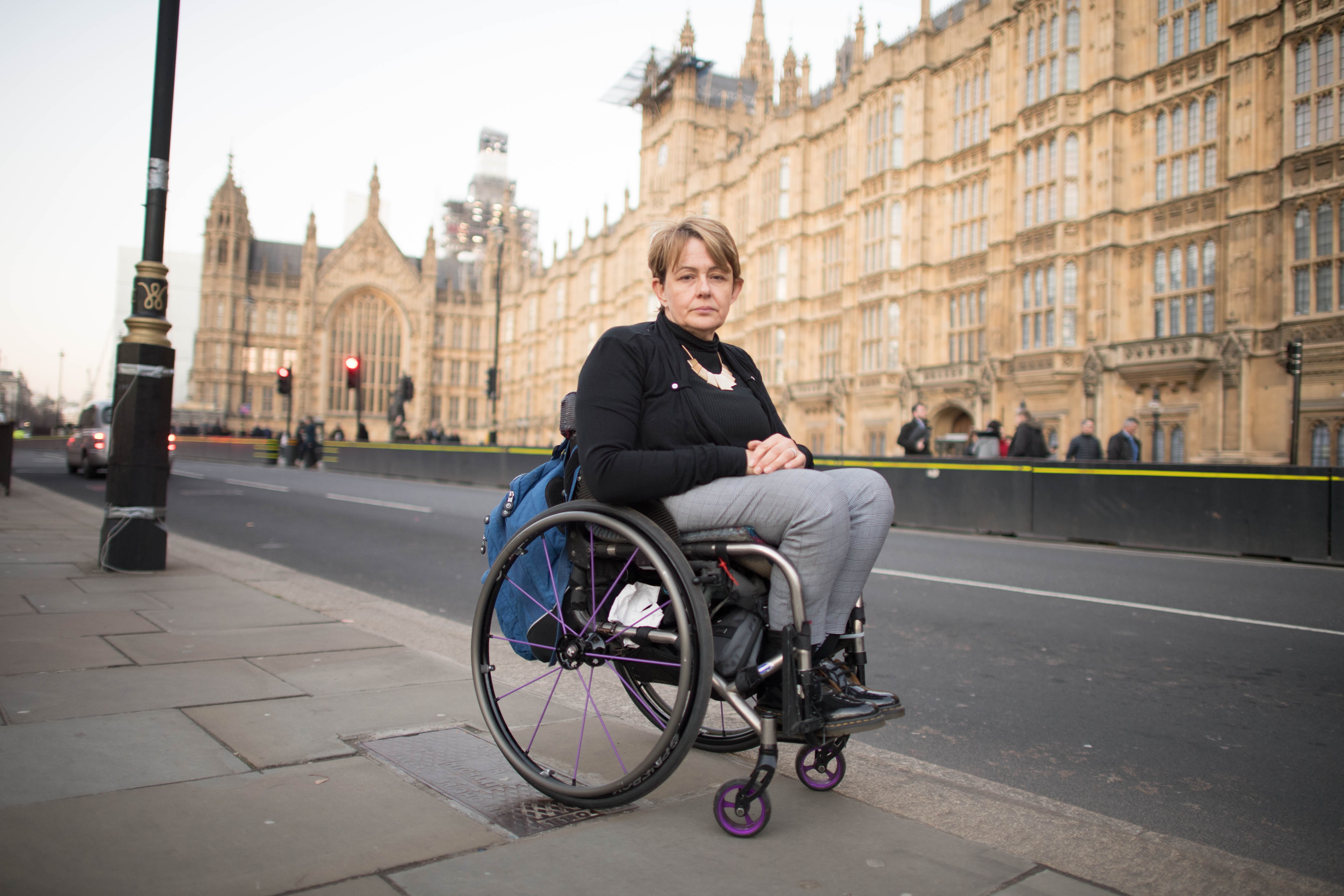The assisted dying bill has been passed in the House of Commons and its sponsor Kim Leadbeater has earned her place in history – but there are still a number of hurdles it needs to clear before becoming law.
The legislation now goes to the House of Lords, where a large number of opponents are lying in wait.
They will be emboldened by the fact that the bill was passed in the Commons by a tiny majority of 23, half the original majority of 55. More importantly, the number of 314 is just below the 318 needed for an absolute majority in the Commons. All this paves the way for a constitutional crisis.
A group of Tory peers will predictably try to cause trouble in the upper house, but the real problem could come from the crossbenchers.
Prominent figures like Baroness Tanni Grey-Thompson, the former Paralympian, and Baroness Ilora Finlay, a professor of palliative medicine, will be bringing a large number of concerns about coercion, disability rights and other issues.

Added to that the 26 Lords Spiritual – Church of England bishops – have made it clear they will fight the bill all the way through the Upper House.
But one of the biggest problems the bill faces is that this is a private members bill, which means it is not covered by the Salisbury Convention, which prevents peers from blocking bills that are part of government election manifestos.
As it was not in a party manifesto and is not government legislation, it can try to amend or block or vote down indefinitely as a House.
This means that while some peers are uncomfortable with stopping legislation from the elected MPs, it can in theory be blocked.
The likelihood is that its biggest obstacle will be time. Opponents of the bill in the Lords are expected to lay down hundreds of amendments at the committee and report stages.
For these to be debated and looked through the government will have to give up time to allow them to be processed.
But at the same time its own legislation is being bogged down by the Lords and amendments going down on government bills.
The employment rights legislation alone has 550 amendments in the Lords and is crawling through at snail’s pace.
Potential amendments to this legislation will see a rerun of the unhappier parts of the debate in the Commons, including on eating disorders, advertising services, whether people need to be in pain or not, tightening up on criteria and much more.
The passage through the Commons has not been an easy experience, with many opponents believing there is still work to be done on it which will need to be completed by peers if the bill is to be workable at all.

So in the end it may be that to get Ms Leadbeater’s bill through the Lords, the government will have to give up a lot of its own time and allow more delays to its own legislation.
That all said it seems unlikely that the unelected members of the Lords will vote down a bill passed by the elected Commons.
It may be that they delay and prevaricate and that is enough to kill the bill. The vote today in the Commons is unlikely to be its last as it is asked to consider amendments from peers.
But if there is enough support from the government and determination to see the legislation through then assisted dying will go into law.
The one wildcard Ms Leadbeater and her supporters have is that Keir Starmer backs the bill personally and may be inclined to give her the leeway she needs.
Assisted dying: All you need to know following the crunch Commons vote
Assisted dying set to be legalised as MPs back Kim Leadbeater’s bill in historic vote
Assisted dying House of Commons vote: Key numbers and trends
Why is Angela Rayner shifting the council tax burden from north to south?







